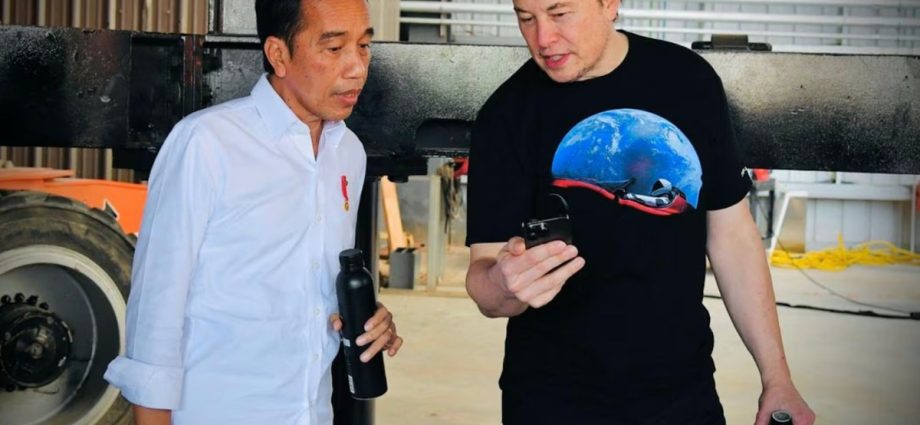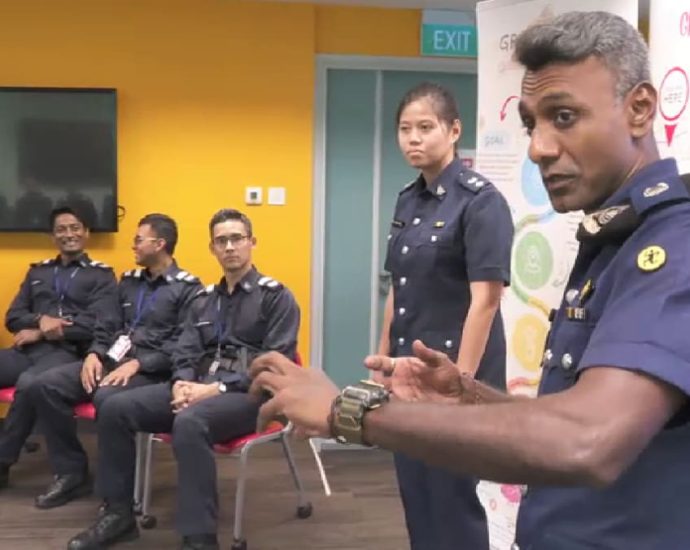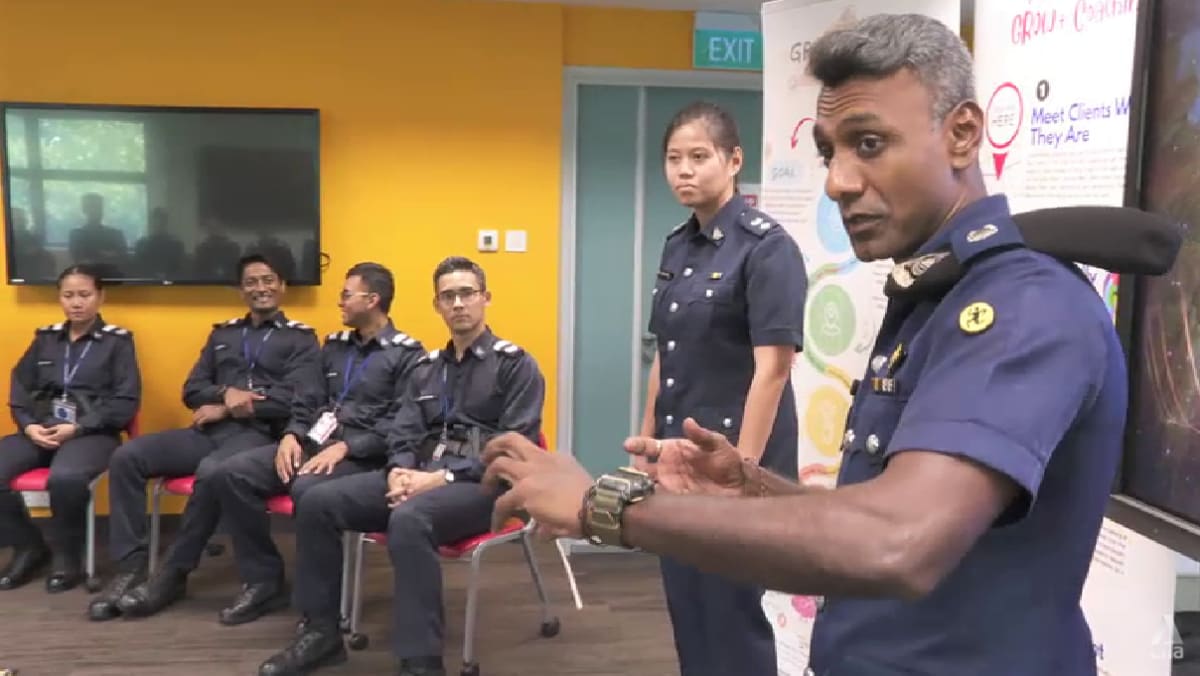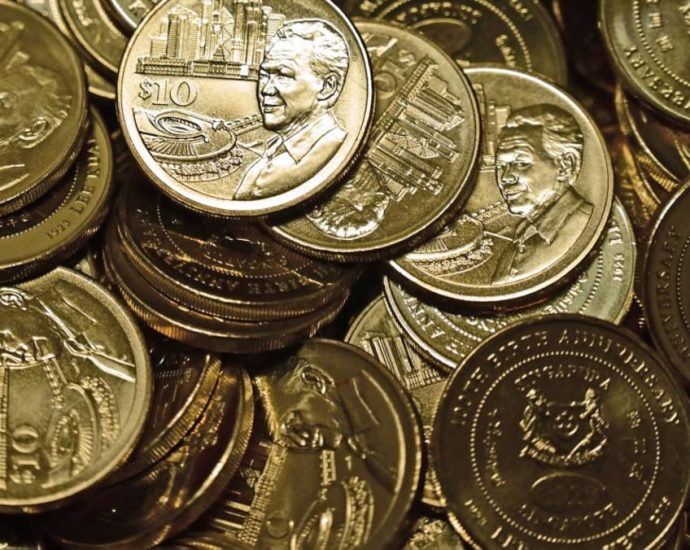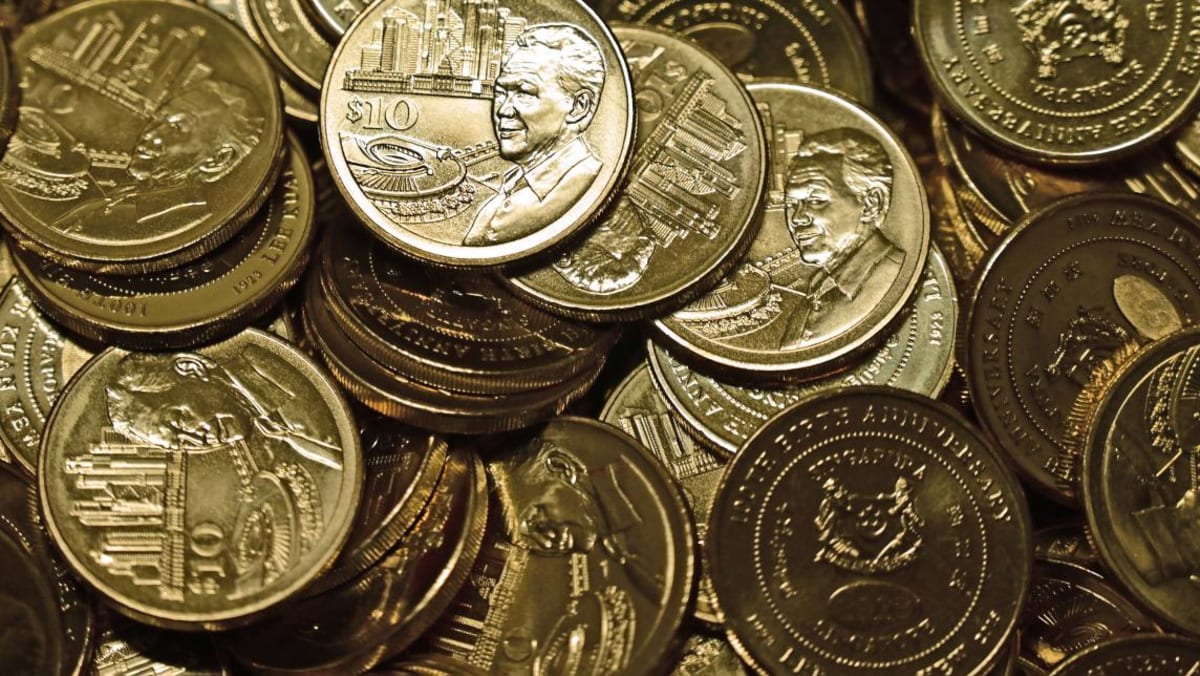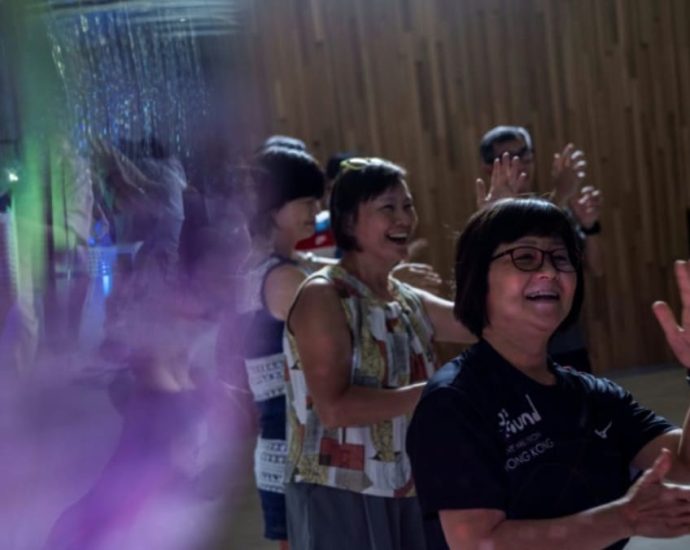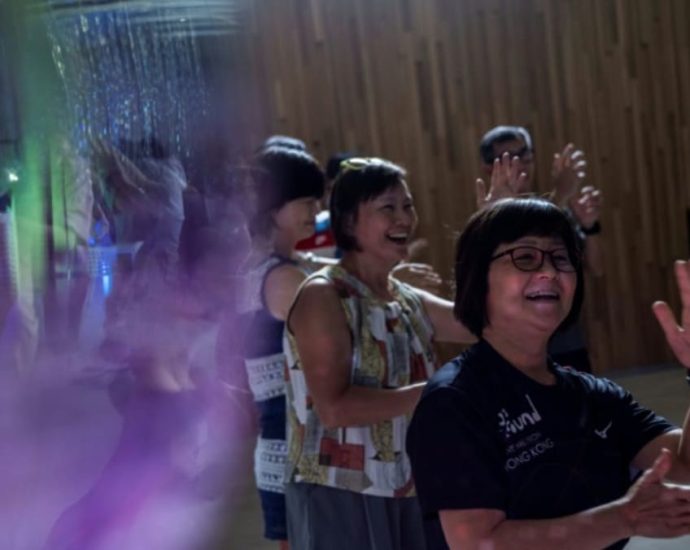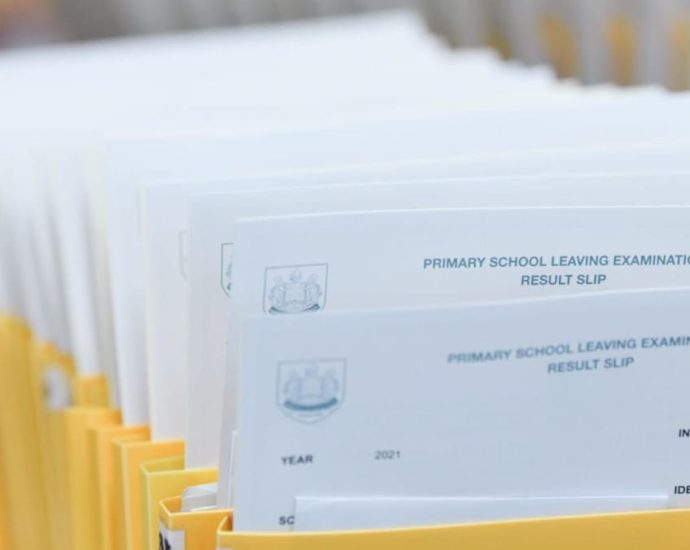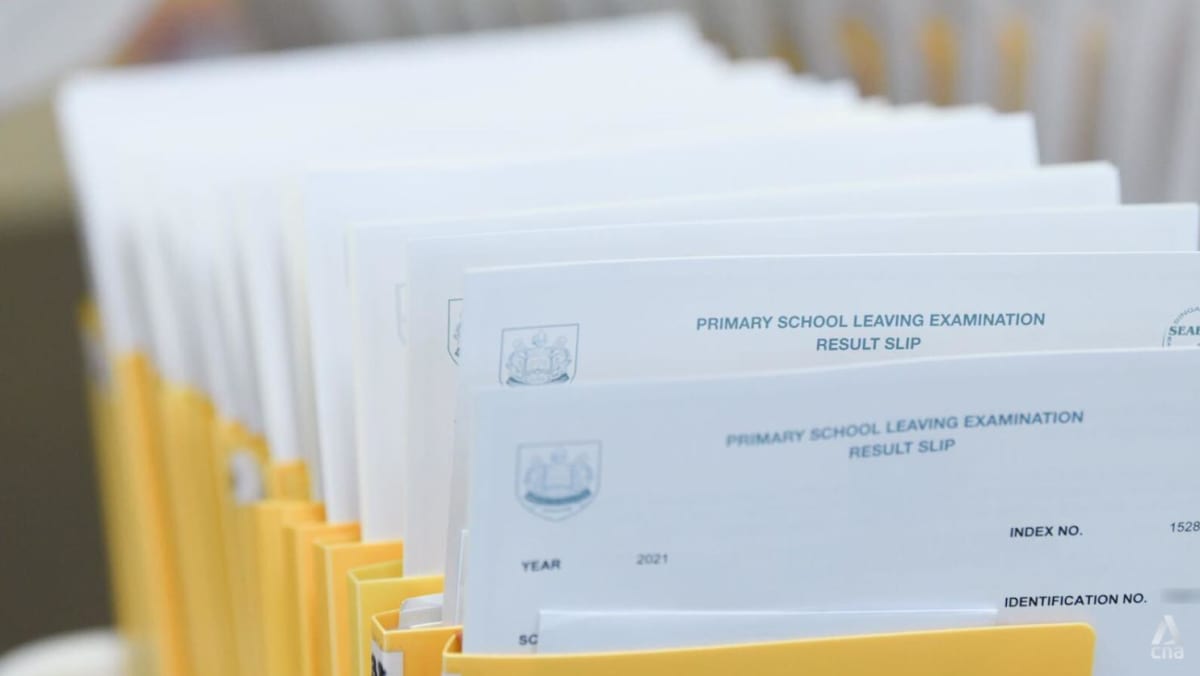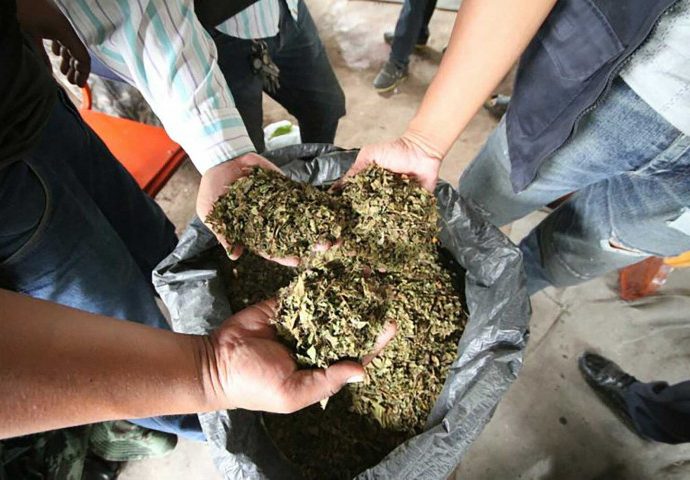Rethinking Indonesia’s nickel market dominance
Calling Indonesia “the Saudi Arabia of nickel,” one of the metals underpinning global steel production and ambitions to decarbonize energy and transport systems, would be an insult to Indonesia’s market dominance.
Indonesia’s mines accounted for nearly half of global nickel production in 2022. It has banned raw nickel exports since 2020 as the country pushes to move up global value chains for renewable energy.
Indonesia is a G20 member, a developing democracy and has an enormous potential home market for both steel and electric vehicles (EV).
But despite the seeming centrality of nickel to net-zero ambitions, Indonesia may find itself in a situation eerily similar to that of Saudi Arabia and its oil reserves — sitting atop plentiful resources whose value is set to wane as the EV sector booms. The challenge lies in navigating two landscapes, one geopolitical and one chemical.
In a shifting geopolitical environment, Indonesia is attempting to secure a more prominent place in the EV battery supply chain. This involves moving beyond mining ore and benefaction to battery assembly at a time when major EV battery importers like the United States and the European Union (EU) are onshoring battery assembly.
In the United States, these attempts include enticing tax credits in the Inflation Reduction Act (IRA). In Europe, they include government loans via the InvestEU program, independent member-state initiatives and an anti-subsidy investigation into Chinese automakers.
The investigation aimed to prevent Chinese EV makers who source nickel from Indonesia from flooding the European market with cheap imports. In both instances, Indonesia’s reliance on Chinese manufacturers and finance in the nickel sector creates vulnerabilities for its EV ambitions.
The second challenge is more fundamental. Indonesia’s nickel reserves and industrial ambitions are at risk of being rendered less valuable by changes in battery chemistry, or the combination of materials and technologies used in the batteries themselves.
Nickel is a key component in nickel-manganese-cobalt (NMC) batteries, which currently dominate the market due to advantages in range and power-to-weight. But this dominance may be fleeting.
As with most things EV-related, Tesla is the bellwether. In 2021, Tesla adopted lithium iron phosphate (LFP) batteries, with nearly half of its production models using them by the first quarter of 2022.
In August of this year, Tesla CEO Elon Musk announced that the company would be transitioning most of its entry-level vehicles – Model 3 and Model Y – and its shorter-range semi-trucks to using LFP batteries. For a regional hub, Tesla chose to set up shop in neighboring Malaysia rather than in the nickel giant.

Tesla did not invent or even bring to market the first EVs, but it popularised and democratized them. Its move toward LFP batteries is one major reason that S&P Global forecasts that after 2030 the dominance of NMC batteries will wane in favor of LFP batteries. LFP batteries offer less range and high-end performance.
But they are also less prone to catching fire and are made of much more globally abundant and cheaper raw materials. For most EV users, LFP batteries provide more than enough range and power.
This forecast does not include the effects of potentially market-disrupting frontier technologies like sodium-ion and solid-state batteries, upon which Toyota has placed a heavy bet.
These technologies would further depress the relative demand for nickel. There will still be a market for NMC batteries in performance-oriented EVs offering pavement-wrinkling torque and acceleration.
But the global market in the future may be smaller than the current one – and with technology, disruption is rarely linear. The market may change even more quickly than S&P anticipates.
For Indonesia to sustain nickel as an engine for growth and development within these landscapes, its priority should be to cultivate closer relationships with the United States and the EU. These markets and their comparatively affluent consumer bases will drive an appetite for higher-performance, NMC-based EVs.
Indonesia’s relationship with the EU is seemingly on track to expand, with shared ambitions to conclude negotiations on a comprehensive Indonesia-EU free trade agreement (FTA) before Indonesia’s 2024 election.
The outlook regarding the United States is less straightforward. In September, Indonesian President Joko Widodo proposed a critical minerals trade agreement with the United States during talks with Vice President Kamala Harris.
A limited, critical minerals-specific FTA would allow Indonesian materials to qualify for the IRA’s domestic and FTA partner tax incentives. The FTA would seemingly be consistent with the US Biden administration’s desire to avoid creating more comprehensive, multi-sector and multi-issue FTAs.
Cultivating tighter US and EU relationships should not come at the expense of partnerships with Asian firms, including those in China and Korea. And EU and US partnerships will not be cost-free.
Both the EU and the United States are concerned about Indonesia’s use of export bans as a tool of economic policy. The EU has already challenged Indonesia’s ban and won at the World Trade Organization.
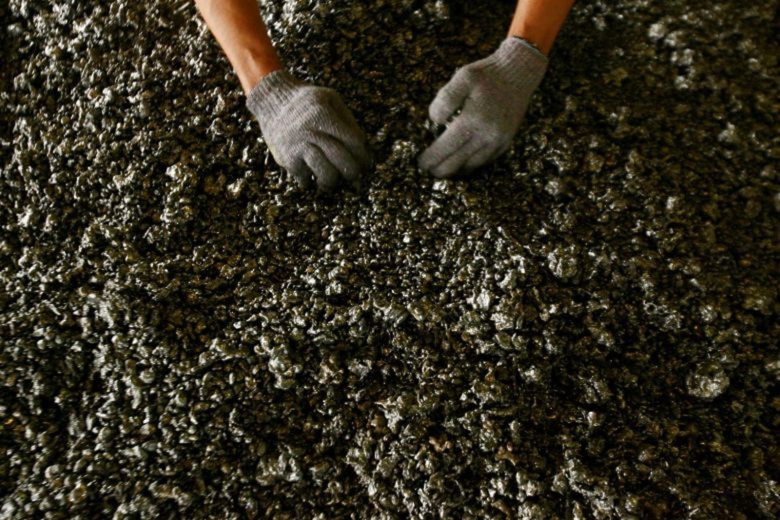
The text of the IRA also specifically requires any minerals-specific FTA to commit parties to “reduce or eliminate restrictions on exports” while allowing less extreme policies, like export taxes.
And agreements with the EU and US will bring heightened scrutiny on the environmental impacts of open-pit mining and new business rules that some in Indonesia’s opposition view as too capital-friendly, allowing provincial governors to set minimum wages without input from trade unions and experts from civil society.
For Indonesia, the price of stronger EU-US partnerships may be substantial. But it would be preferable to seeing its nickel and related industrial ambitions become a casualty of changing chemistry and a shifting geopolitical landscape.
Cullen Hendrix is Senior Fellow at the Peterson Institute for International Economics in Washington, DC.
This article was originally published by East Asia Forum and is republished under a Creative Commons license.

